Fact sheet: SMART outcomes
/This fact sheet provides an outline of what SMART outcomes look like.
SMART stands for …
Specific, Measurable, Achievable, Realistic and Timebound
What do these terms mean in relation to community action planning?
Specific
The way you express your outcome must target the issue you are concerned with precisely. For example, if you are concerned with the health of a particular section of your community (e.g. older people) you should make this clear in the way you write the outcome.
Measurable
What gets measured gets managed. You must therefore express your outcome in a measurable form. This could be numerical (for example, a percentage improvement in performance) or in another measurable form. Some outcomes are harder to measure (especially so-called soft outcomes) but not impossible, and some may take longer to show themselves. For example, increasing a teenager’s confidence (hard to measure) may increase their likelihood of employment (but not until they leave school).
Achievable
You need to set an outcome that will stretch those responsible for taking action. This will contribute to getting the best outcome for your money. But you must not set the outcome so far beyond people’s capabilities that it demotivates those involved which may have an adverse effect on performance instead.
Realistic
You need to set outcomes that are within reach. For example, if you wish to set outcomes for the wellbeing of older people, it is reasonable to assign an outcome for their health to a health care provider. But it would be unreasonable to assign to the health provider an outcome for the quality of social housing. You might assign that to a local housing association for example.
Timebound
You must make clear by when the outcome is to be achieved.

